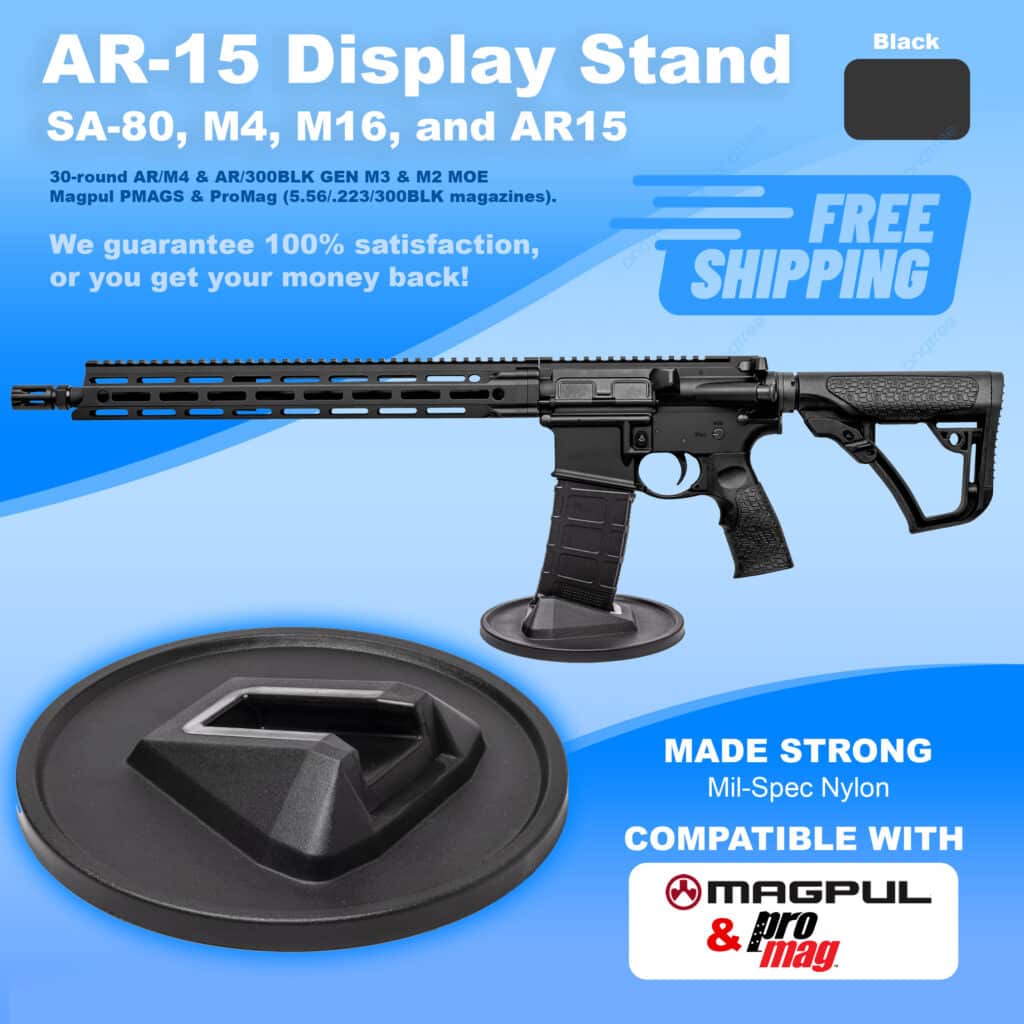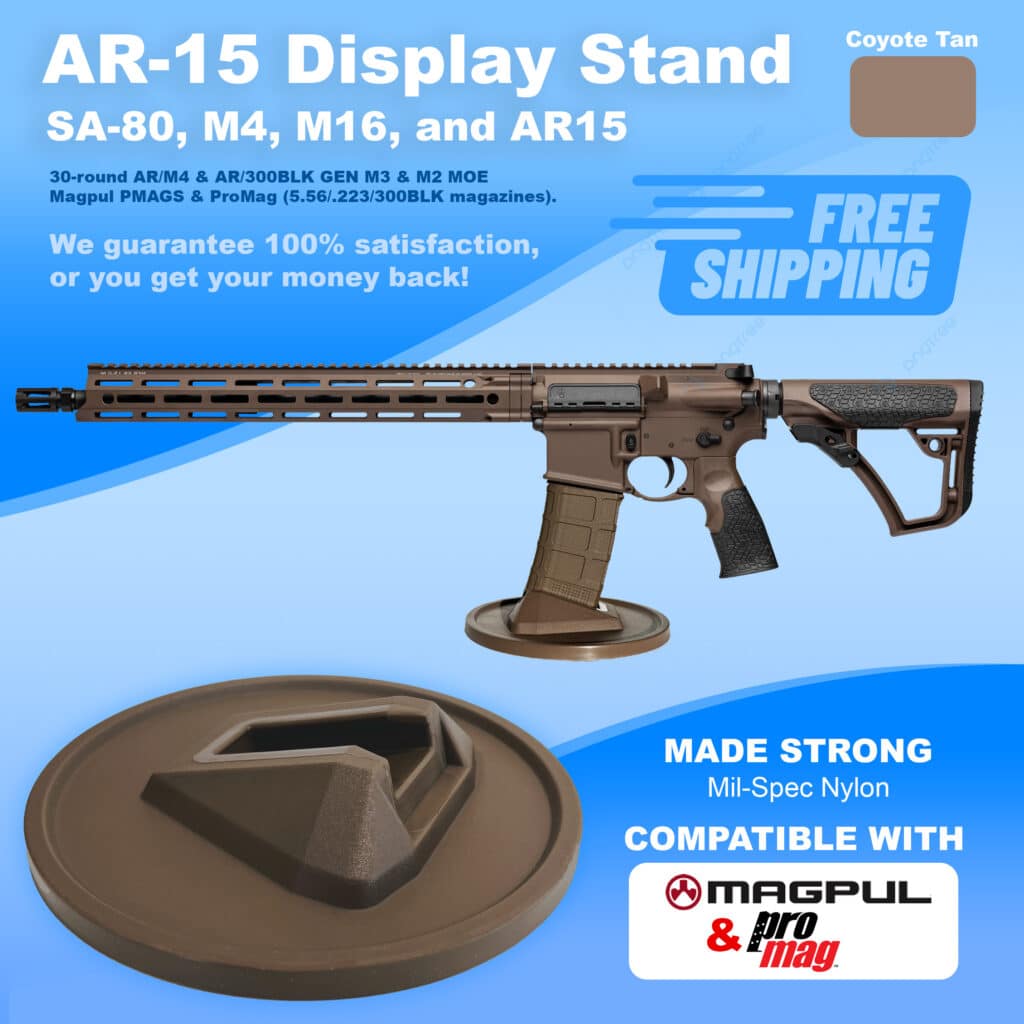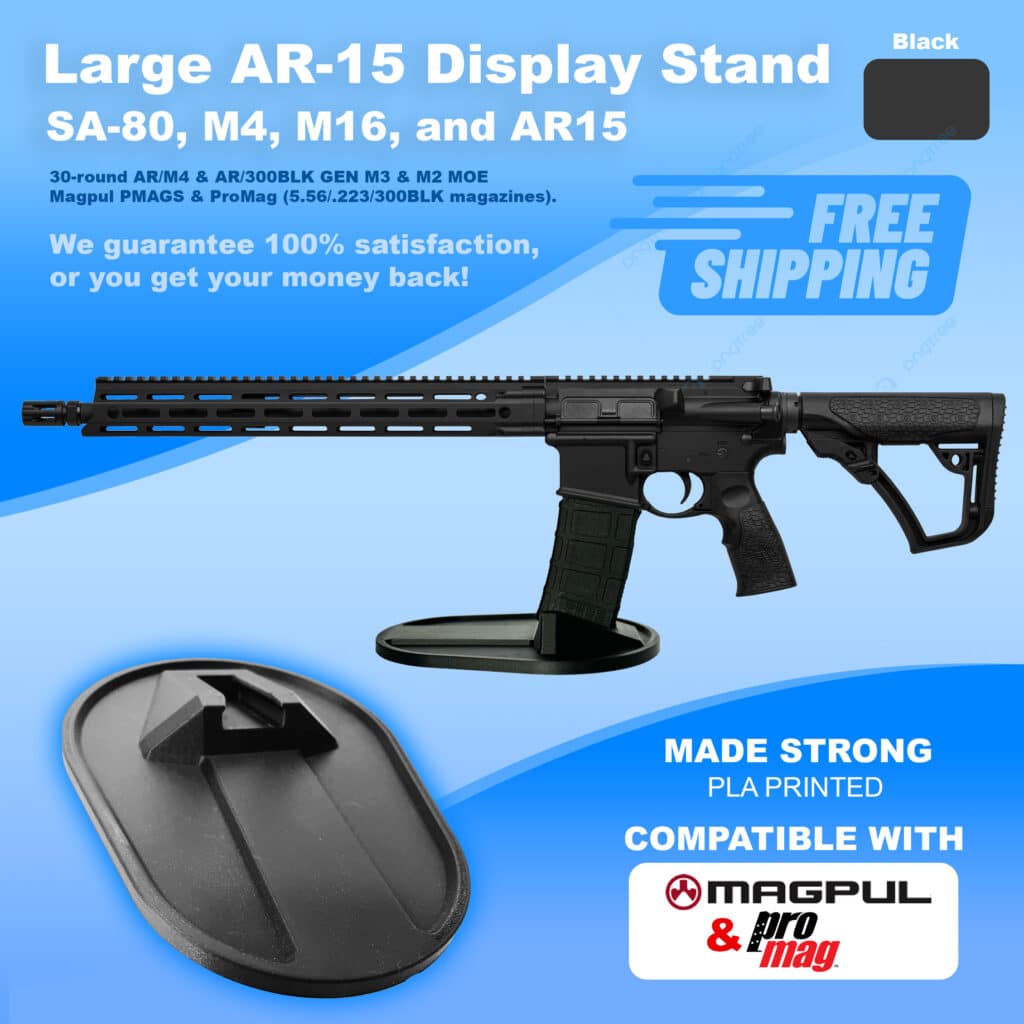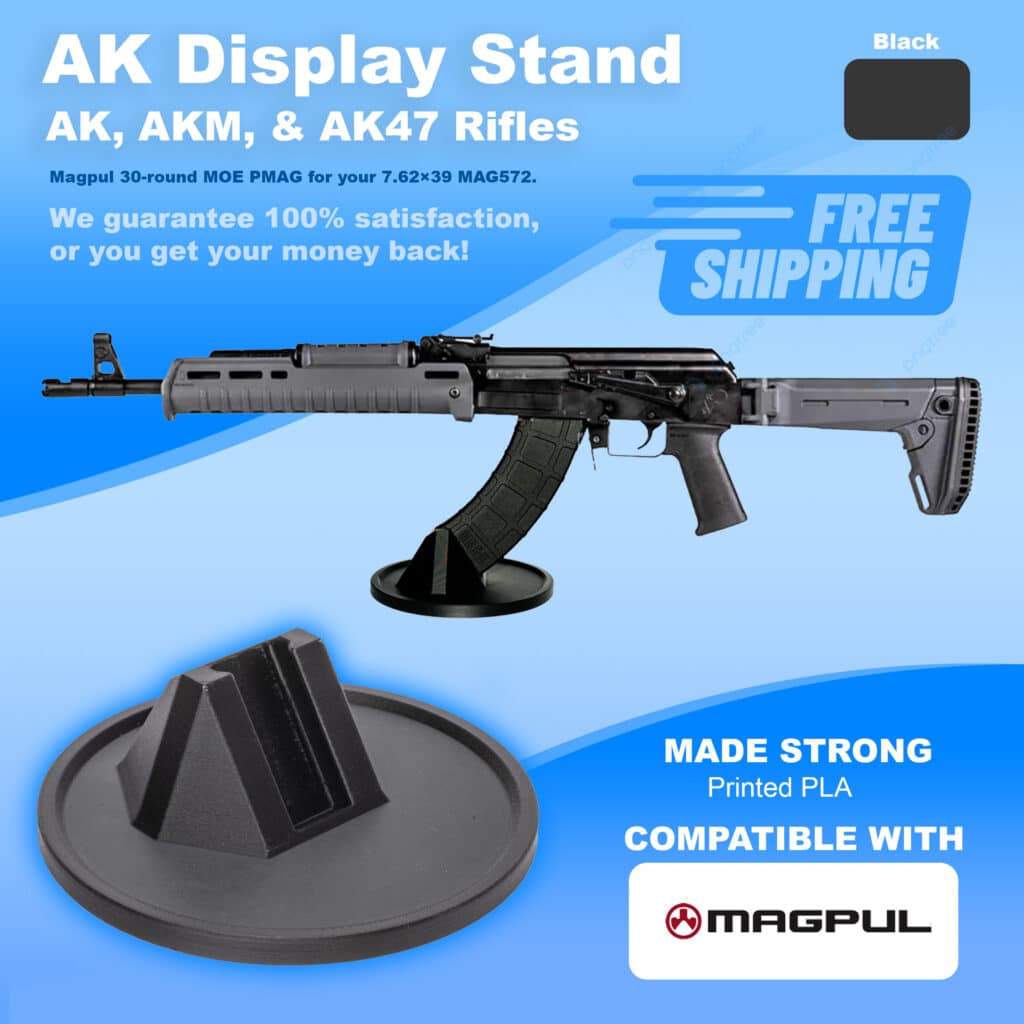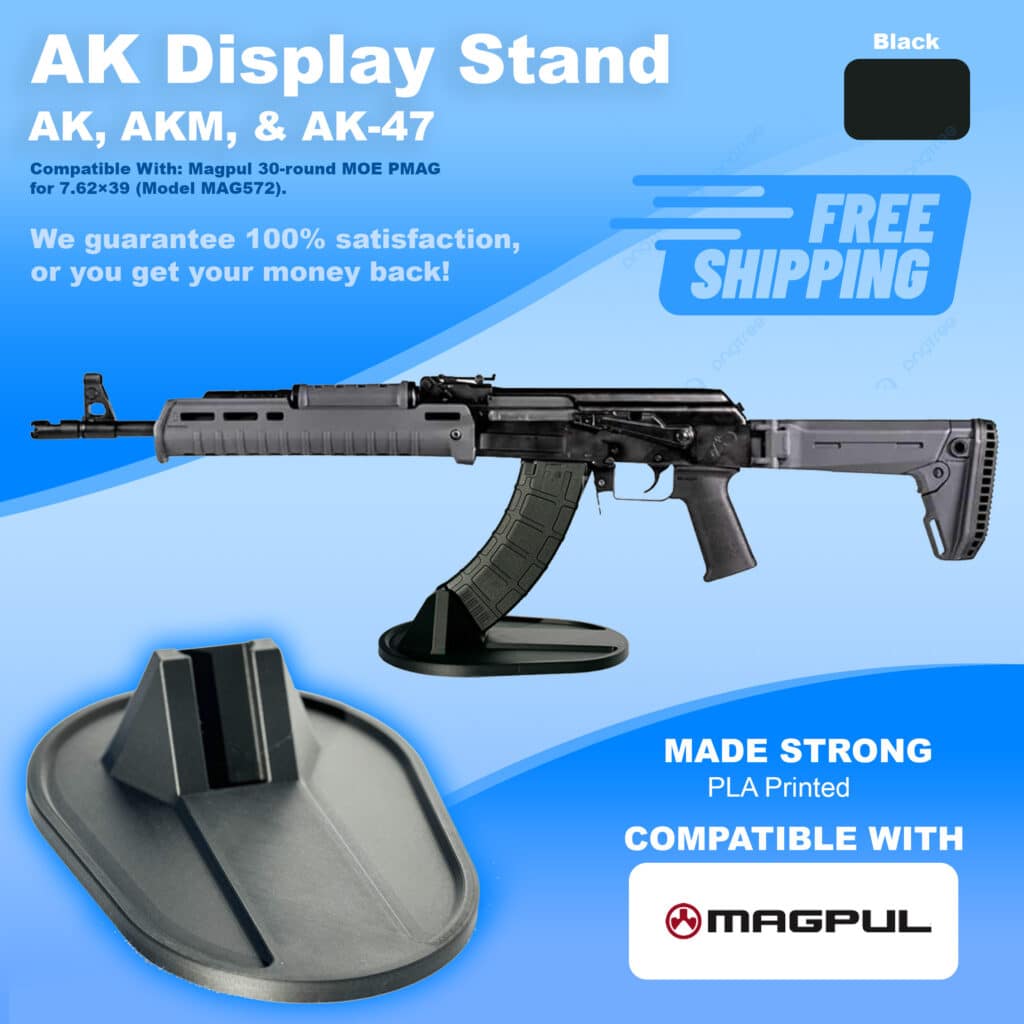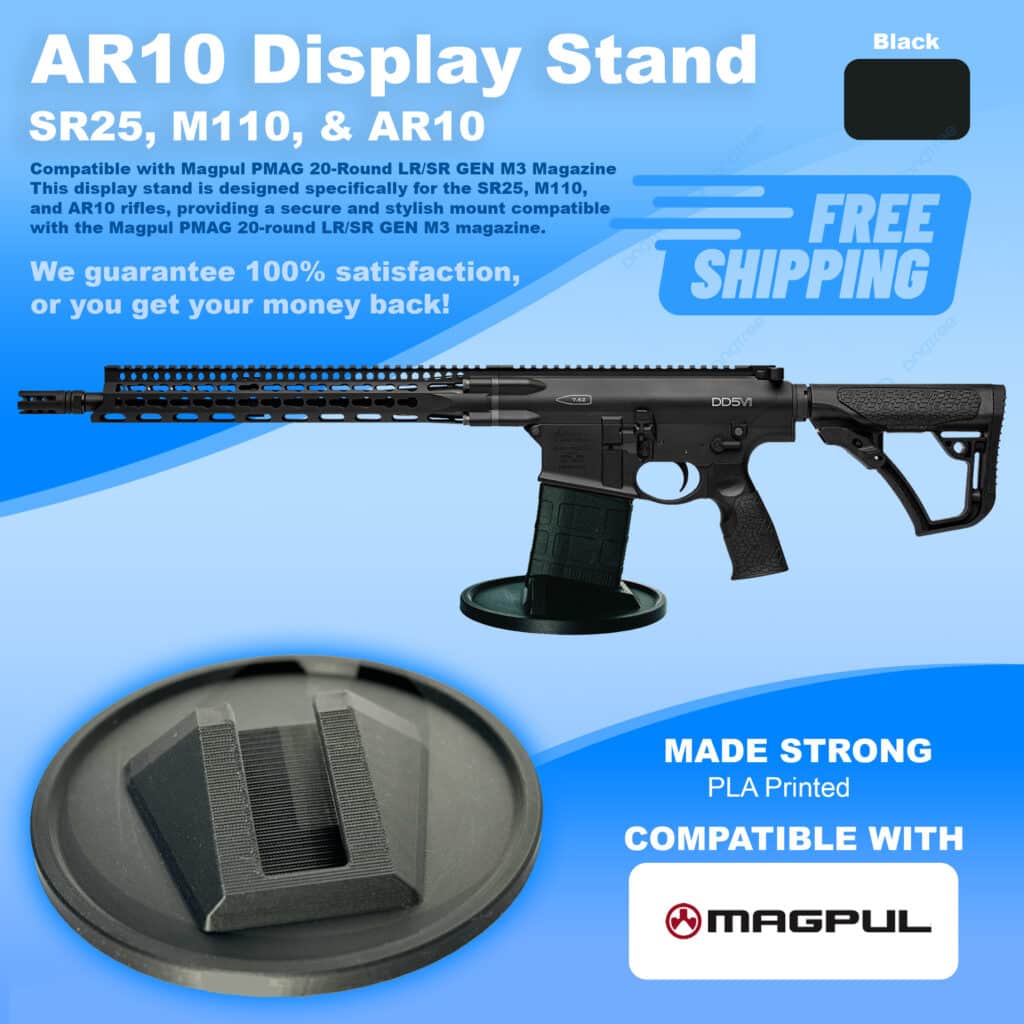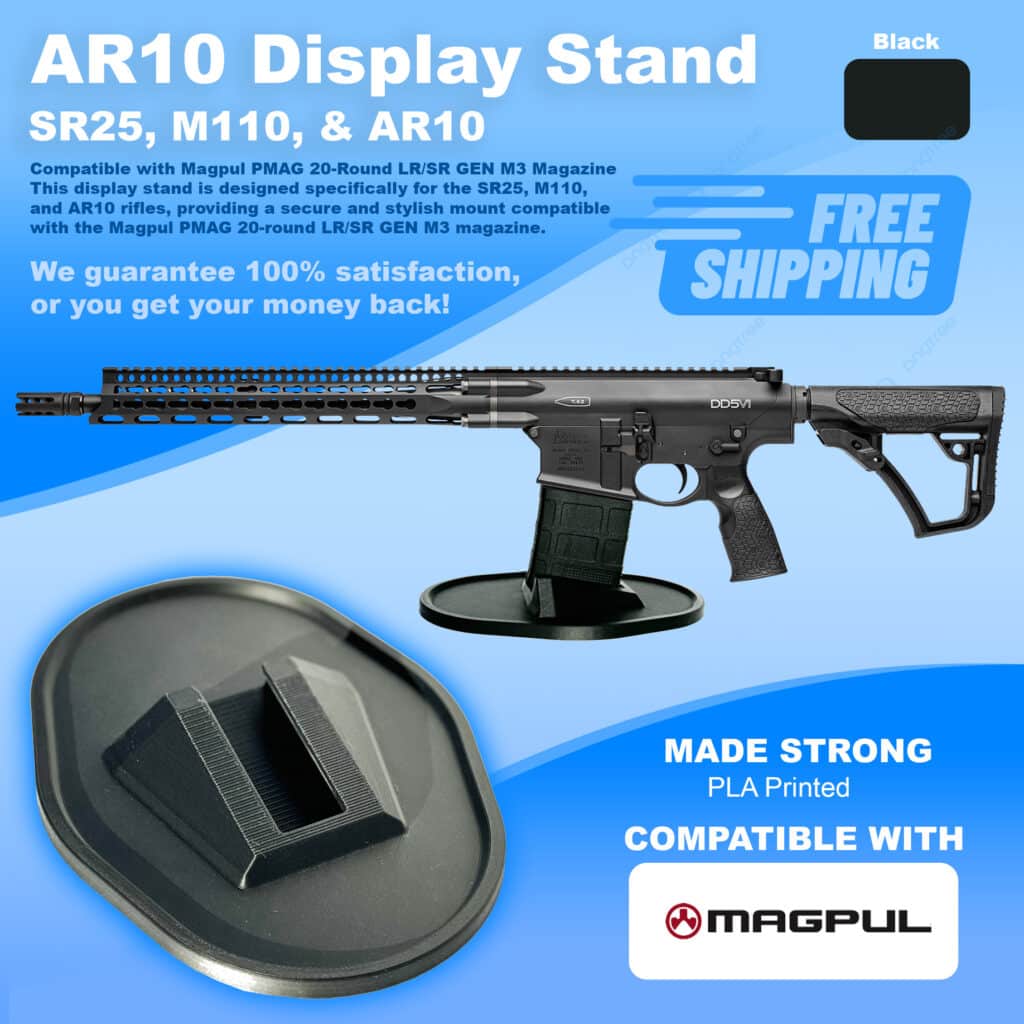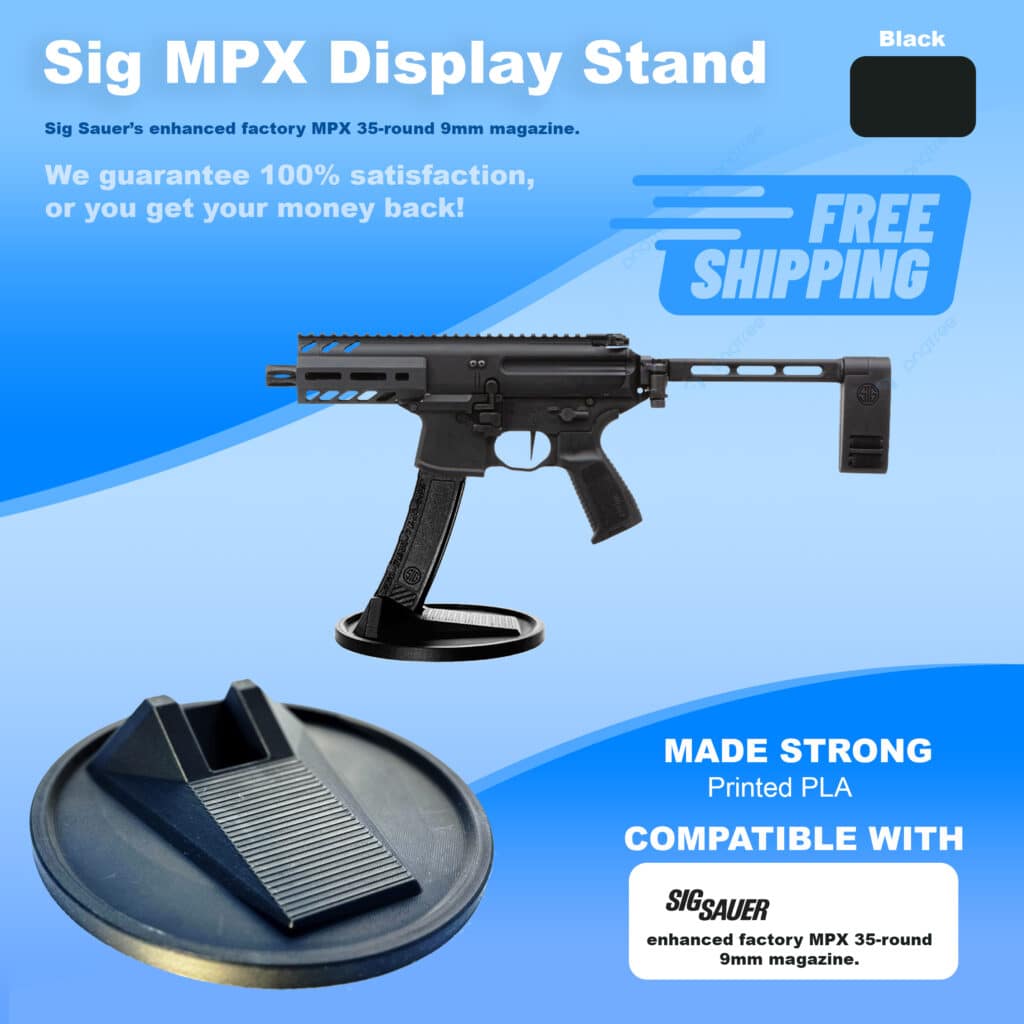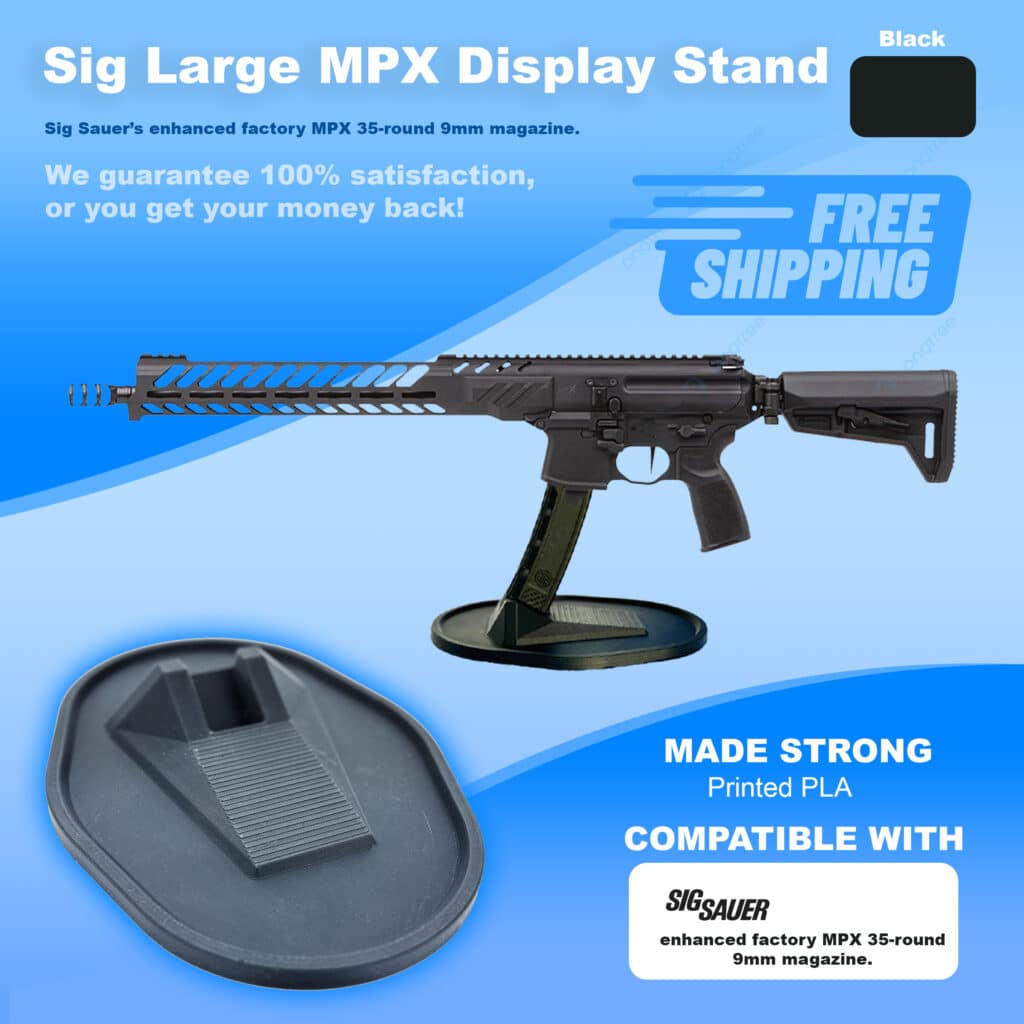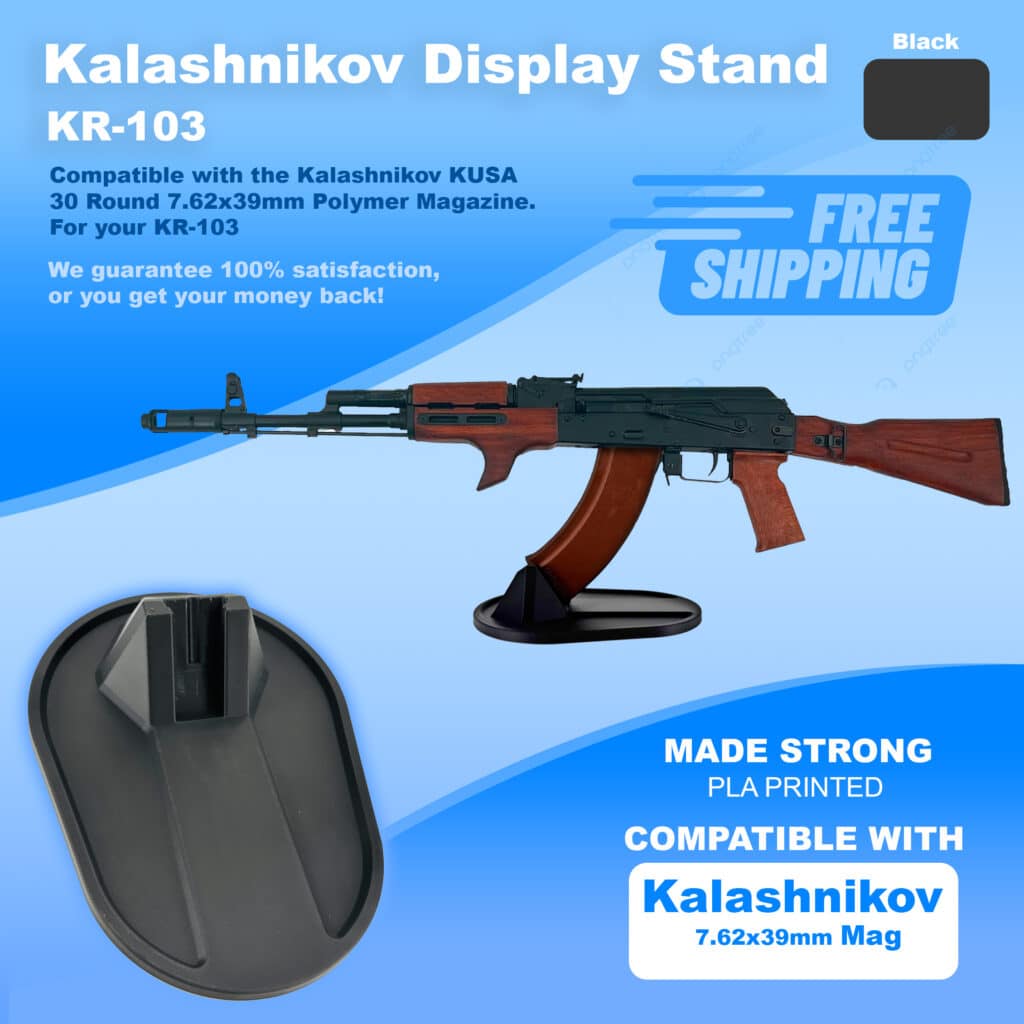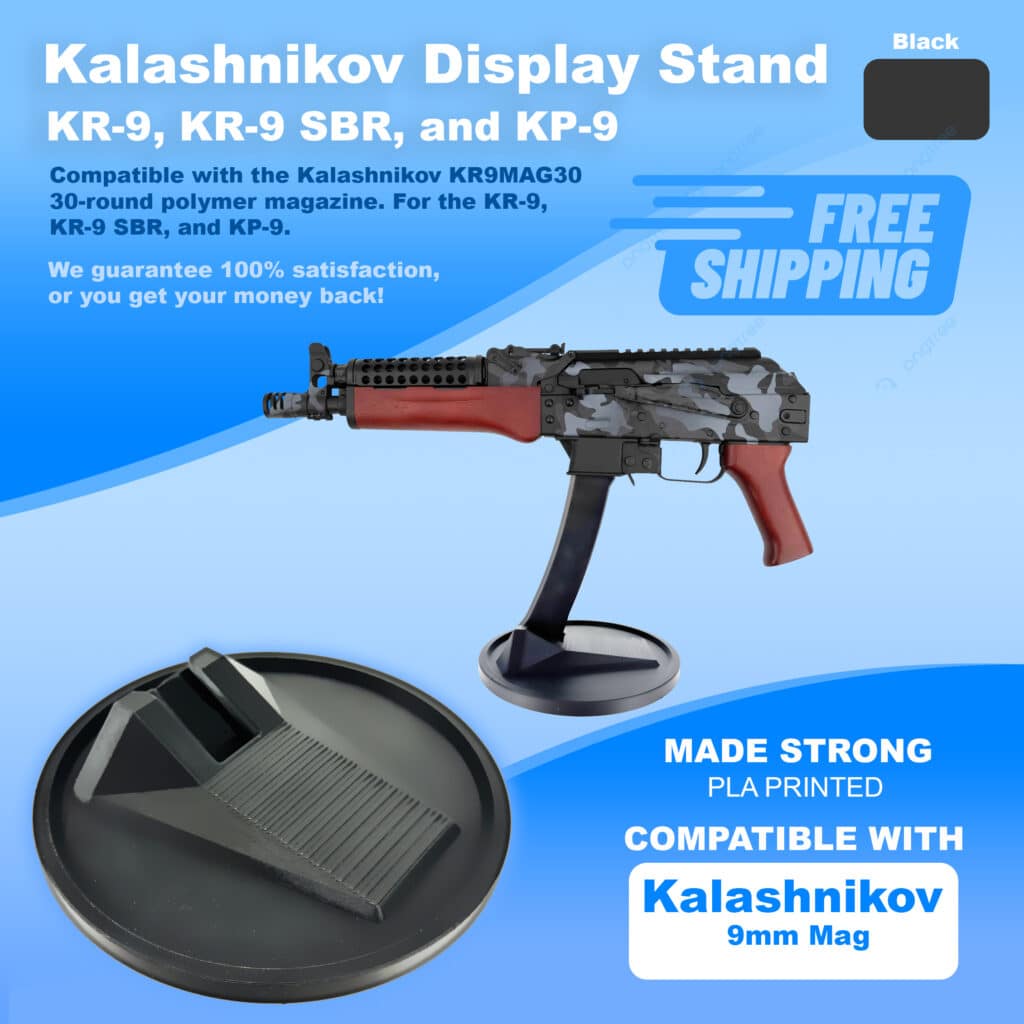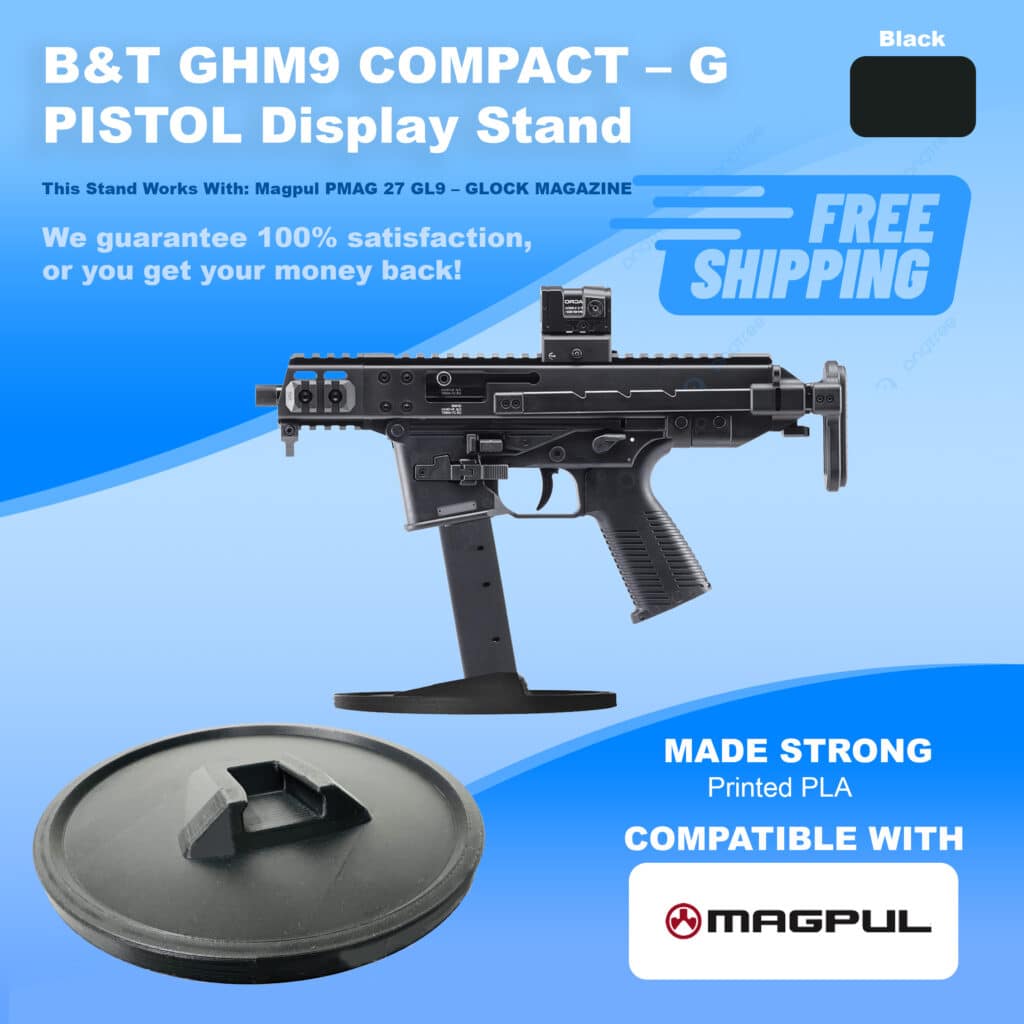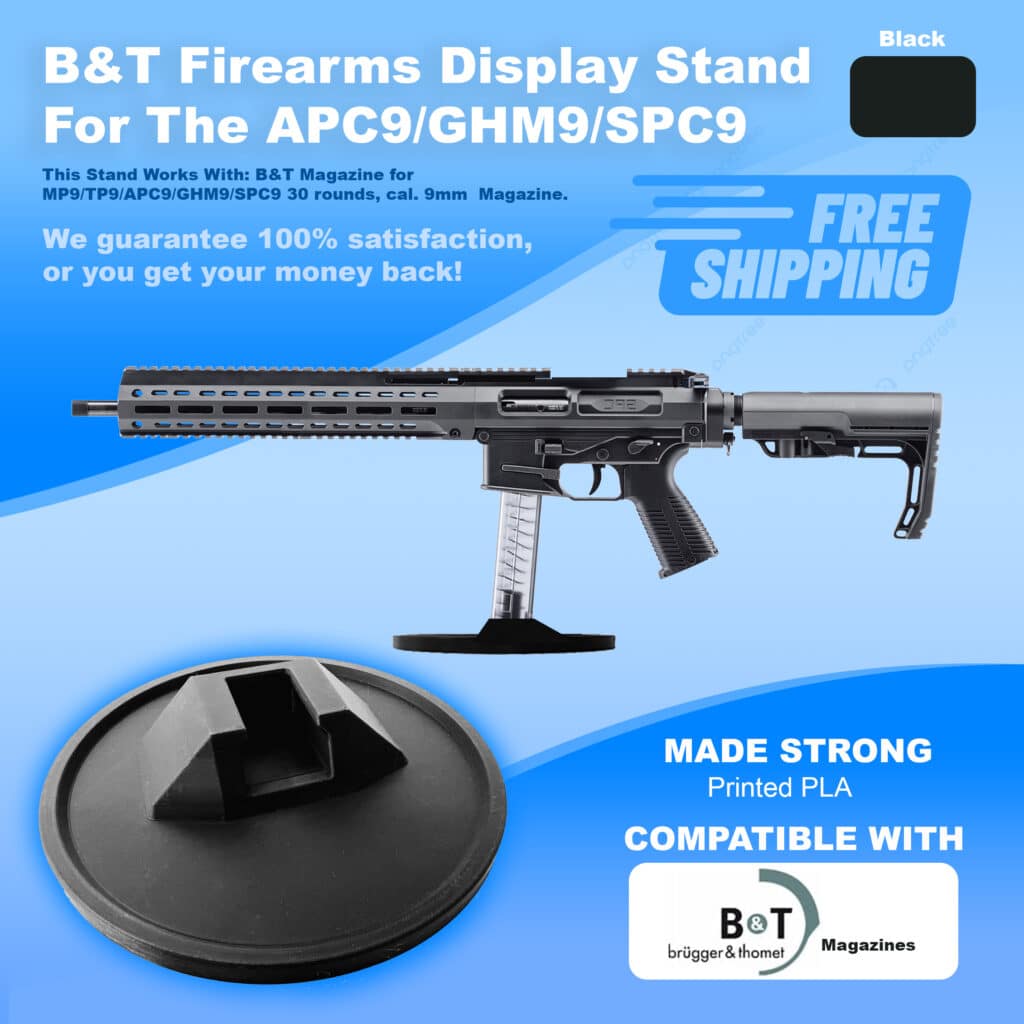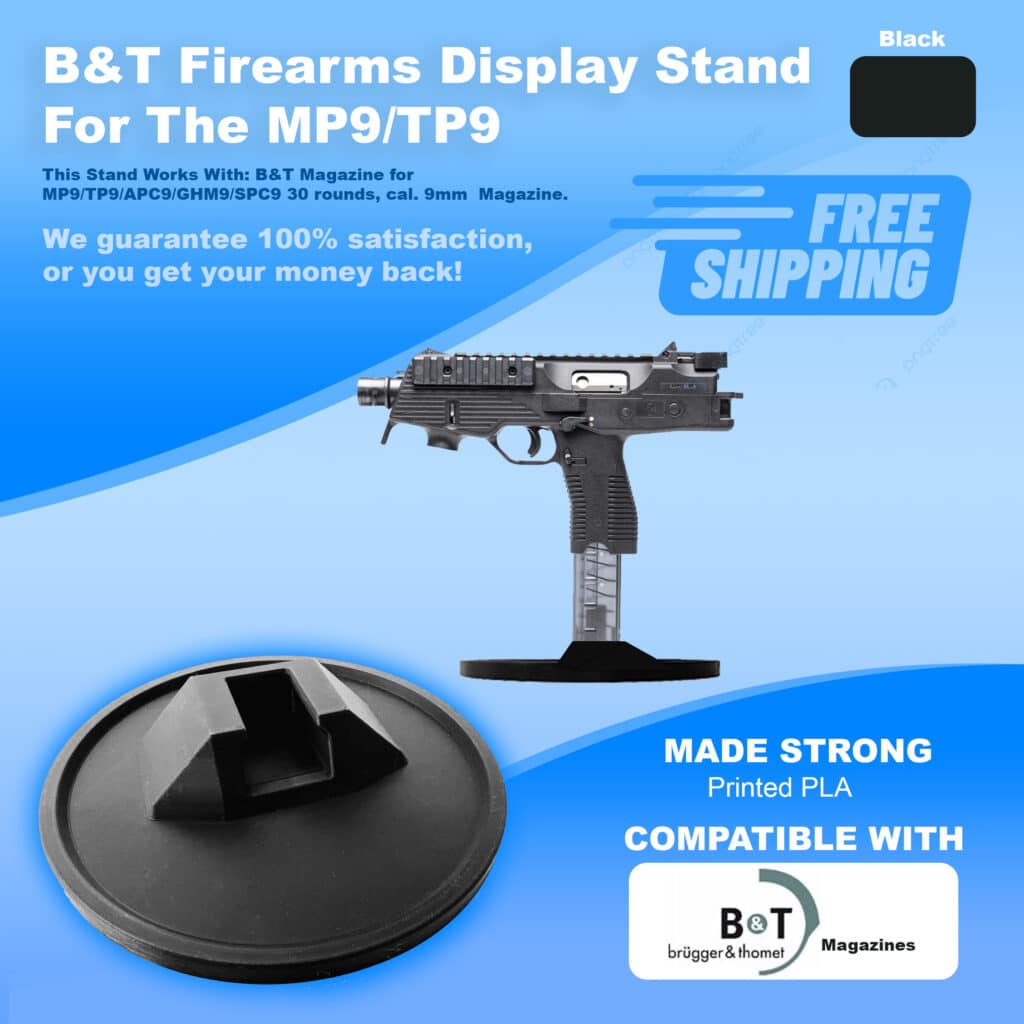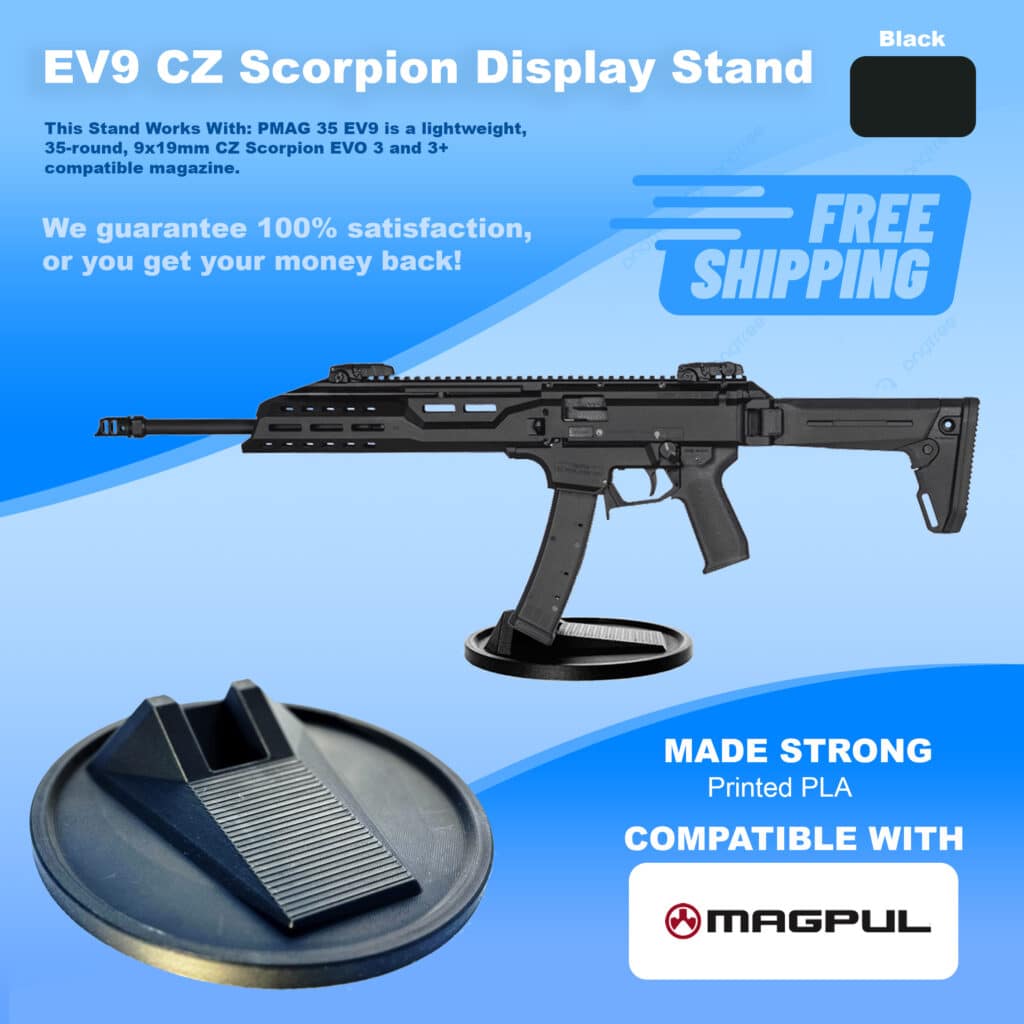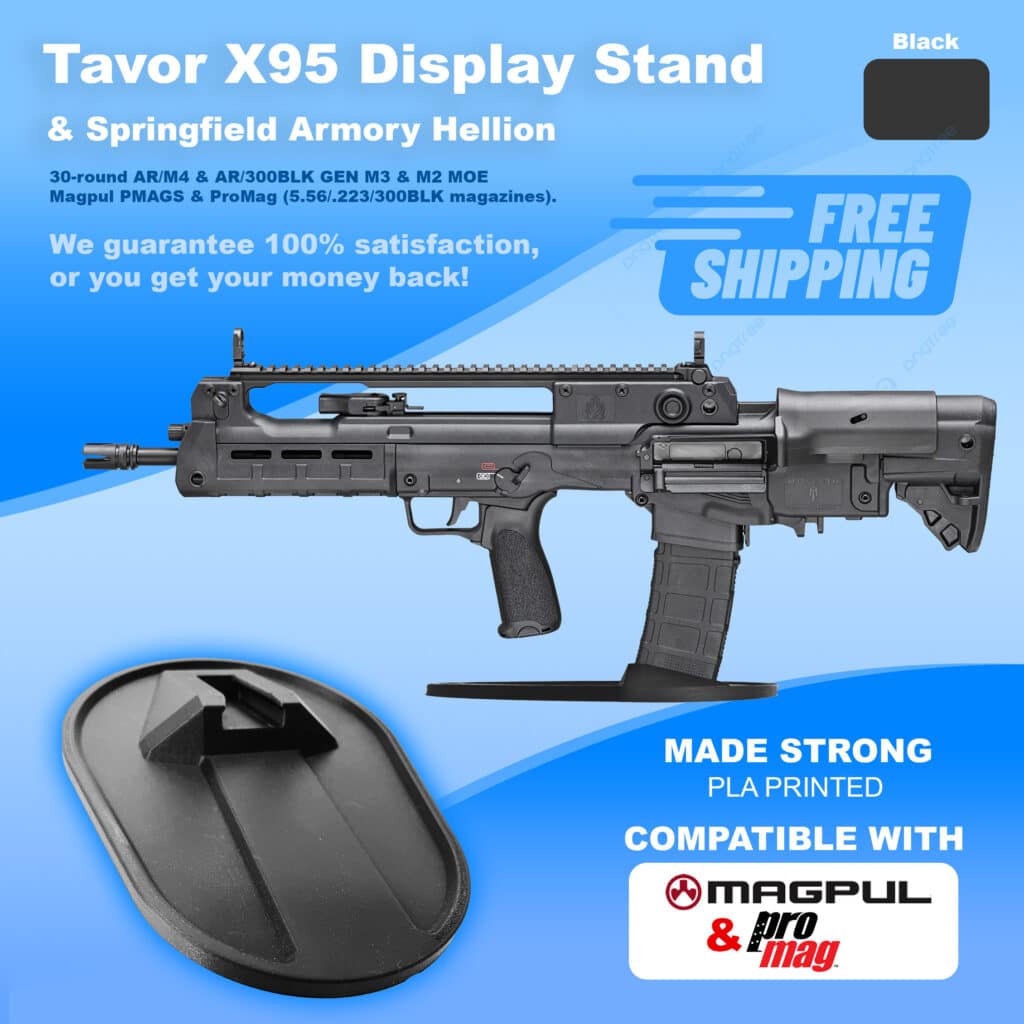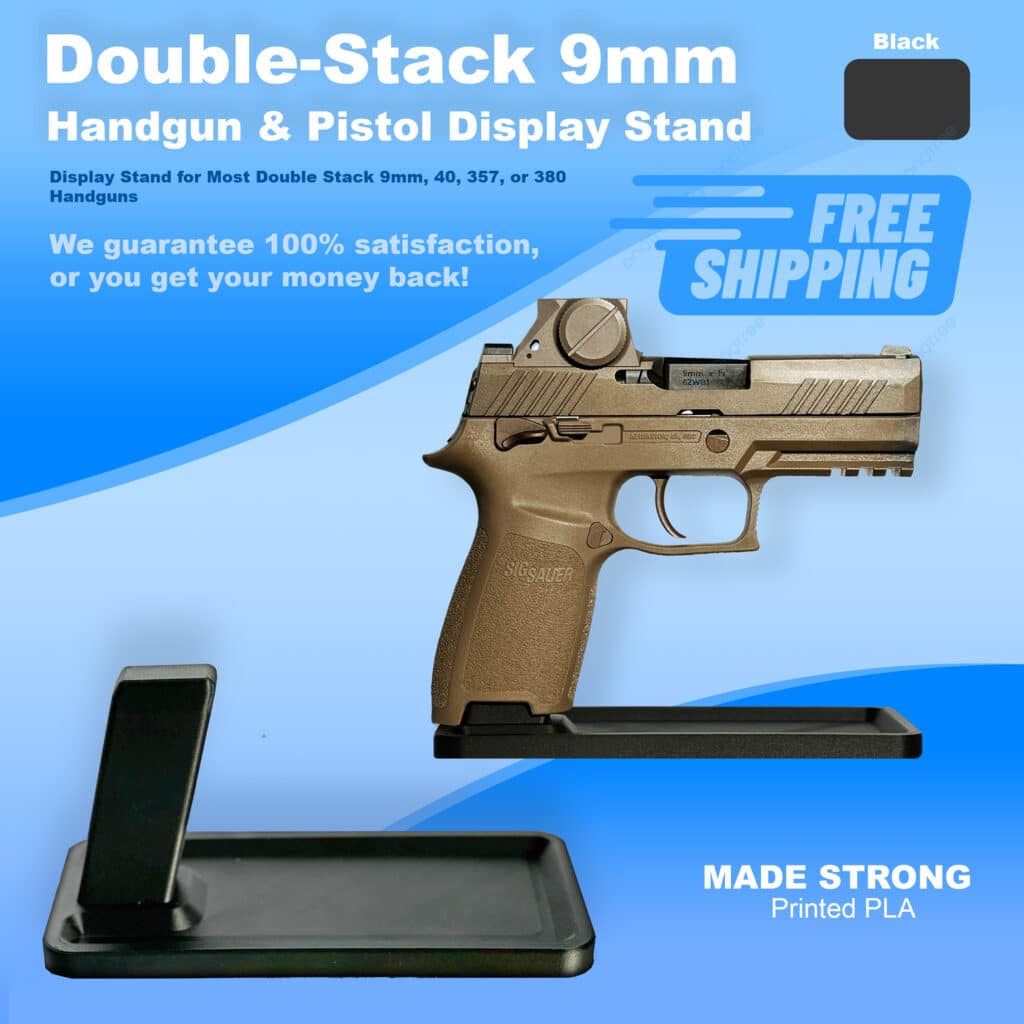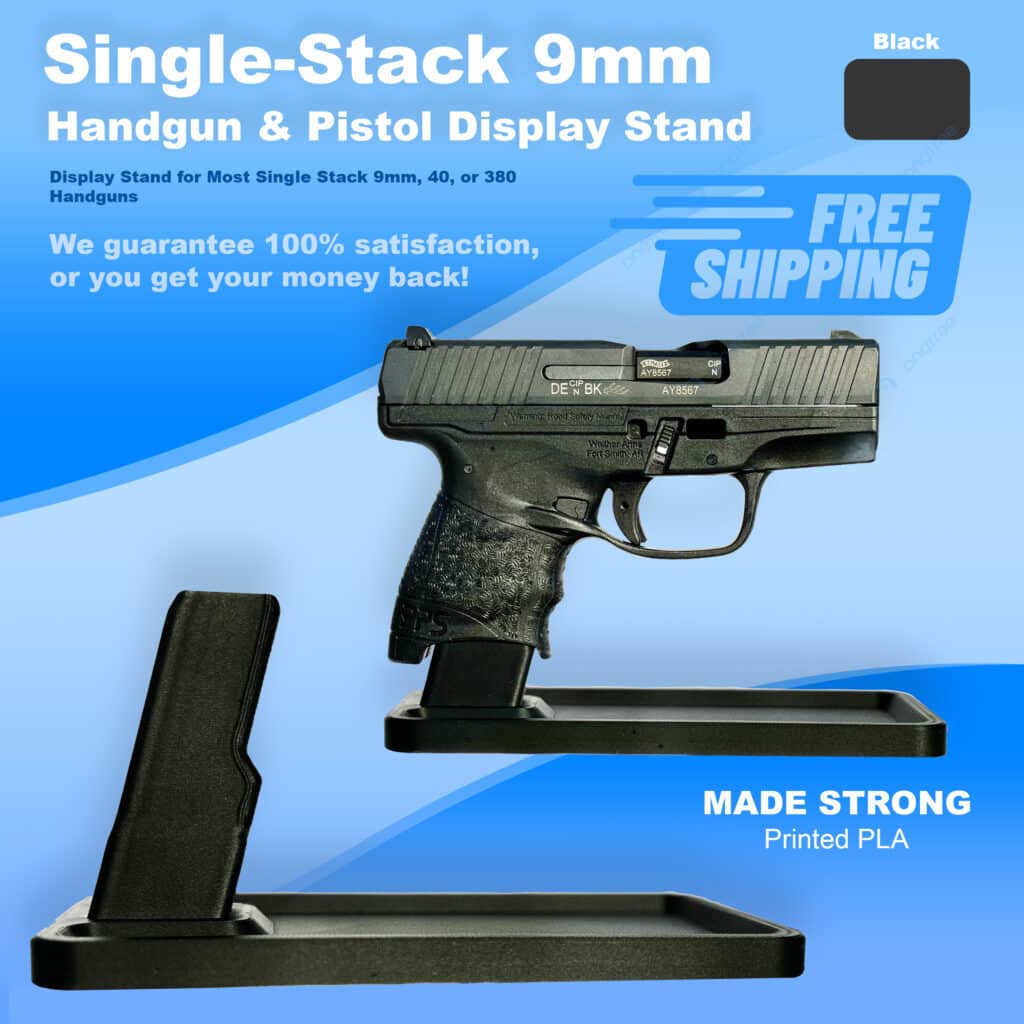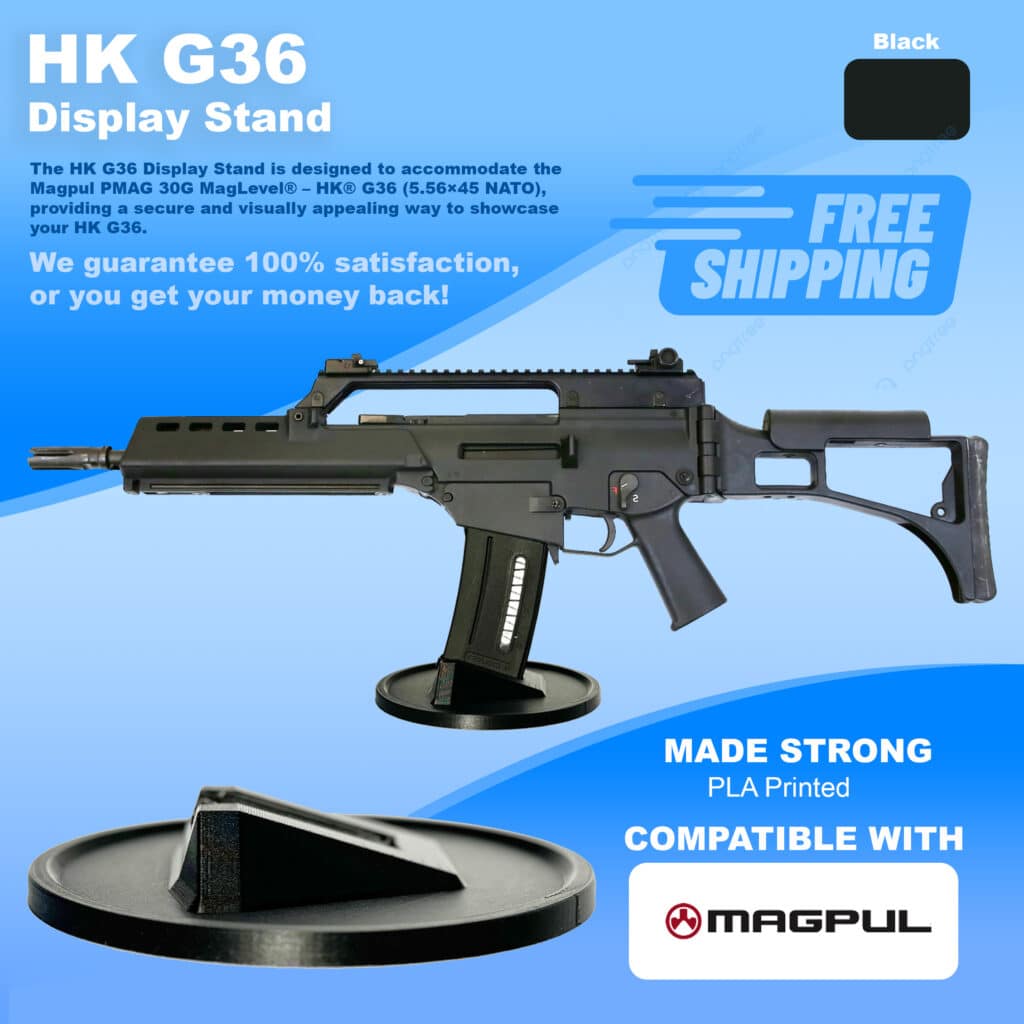When it comes to self-defense, choosing the right firearm is crucial. Shotguns and handguns are two of the most popular options, each with its own set of advantages and disadvantages. Understanding these can help you make an informed decision for protecting yourself and your loved ones.
Understanding Shotguns
What is a Shotgun?
A shotgun is a long-barreled firearm designed to fire a spread of pellets, or shot, rather than a single bullet. This makes them particularly effective at close range. Shotguns come in various gauges, with 12-gauge being the most common for self-defense.
Advantages of Shotguns in Self-Defense
- Wider Spread: One of the primary advantages of a shotgun is its spread. This makes it easier to hit a target, especially in high-stress situations where precision may be compromised.
- Stopping Power: The sheer stopping power of a shotgun is unmatched. A single shot can incapacitate an intruder, making it highly effective for home defense.
- Versatility: Shotguns can fire different types of ammunition, including buckshot, birdshot, and slugs, allowing for versatility in various scenarios.
- Intimidation Factor: The sound of a shotgun being racked is universally recognized and can serve as a deterrent to potential intruders.
Disadvantages of Shotguns in Self-Defense
- Recoil: Shotguns, especially 12-gauge models, have significant recoil, which can be challenging for some users to manage.
- Size and Weight: Shotguns are generally larger and heavier than handguns, making them less maneuverable in tight spaces.
- Reloading: Reloading a shotgun can be slower compared to a handgun, particularly in high-pressure situations.
- Over-penetration: Depending on the type of ammunition used, shotguns can pose a risk of over-penetration, which could endanger others in the vicinity.
Understanding Handguns
What is a Handgun?
A handgun is a short-barreled firearm designed for one-handed use. They are compact, lightweight, and easy to carry, making them a popular choice for personal defense both at home and in public.
Advantages of Handguns in Self-Defense
- Portability: Handguns are compact and lightweight, making them easy to carry and conceal. This is especially important for personal defense outside the home.
- Ease of Use: Modern handguns are designed for quick and easy operation, with features like semi-automatic firing and simple reloading mechanisms.
- Maneuverability: Due to their smaller size, handguns are easier to maneuver in tight spaces, such as hallways or around corners.
- Less Recoil: Compared to shotguns, handguns generally have less recoil, making them more manageable for users of all experience levels.
Disadvantages of Handguns in Self-Defense
- Accuracy: While handguns are easier to maneuver, they require more precision to hit a target effectively, particularly under stress.
- Stopping Power: Handguns typically have less stopping power compared to shotguns. Multiple shots may be required to neutralize a threat.
- Ammunition Capacity: Most handguns have limited magazine capacity, which can be a disadvantage in prolonged encounters.
- Legal Restrictions: In some areas, there are stricter regulations and licensing requirements for carrying handguns, which may limit their accessibility.
Comparing Shotguns and Handguns
Effectiveness in Different Scenarios
Home Defense
- Shotguns: The spread of a shotgun makes it highly effective for home defense, particularly in close quarters. However, its size and recoil can be drawbacks.
- Handguns: Handguns are more maneuverable and easier to use in tight spaces. Their lower recoil and portability make them a solid choice for home defense as well.
Personal Carry
- Shotguns: Due to their size, shotguns are not practical for personal carry outside the home.
- Handguns: Handguns excel in this category due to their compact size and ease of concealment, making them ideal for personal defense on the go.
User Experience Level
- Shotguns: Shotguns may be more challenging for beginners due to recoil and size.
- Handguns: Handguns are generally easier for beginners to handle, with less recoil and simpler operation.
Ammunition Considerations
- Shotguns: Shotguns offer a variety of ammunition types, each suited for different purposes. Buckshot is commonly used for home defense due to its stopping power.
- Handguns: Handgun ammunition is more limited in variety but is widely available. Hollow-point bullets are often recommended for self-defense due to their ability to expand upon impact, reducing the risk of over-penetration.
Choosing the Right Firearm for Self-Defense
Factors to Consider
- Purpose: Consider whether you need the firearm primarily for home defense or personal carry.
- Experience Level: Your familiarity with firearms can influence your choice. Beginners may prefer the simplicity of a handgun, while experienced users might opt for the power of a shotgun.
- Physical Ability: Consider factors like recoil management and the ability to maneuver the firearm effectively.
- Legal Considerations: Be aware of local laws and regulations regarding firearm ownership and carry.
Training and Practice
Regardless of your choice, proper training and regular practice are essential for effective self-defense. Many gun ranges and training centers offer courses tailored to both shotguns and handguns, helping you build confidence and skill.
Product Recommendations
Shotguns
- Remington 870 Express Tactical: A reliable and widely used shotgun, known for its durability and effectiveness in home defense.
- Mossberg 500: Another popular choice, offering a balance of performance and affordability.
Handguns
- Glock 19: A versatile and highly regarded handgun, suitable for both beginners and experienced users.
- Smith & Wesson M&P Shield: Known for its compact size and ease of use, making it an excellent choice for concealed carry.
Conclusion
Both shotguns and handguns have their place in self-defense. The best choice depends on your specific needs, experience level, and the scenarios you are preparing for. By understanding the strengths and weaknesses of each, you can make a more informed decision and ensure you are well-prepared to protect yourself and your loved ones.
For more detailed product information and purchasing options, visit Remington, Mossberg, Glock, and Smith & Wesson.
